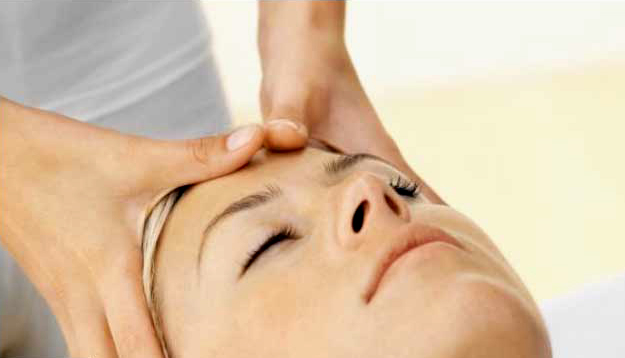Having a baby turns a woman’s life upside down. Everything in her life changes dramatically after the birth of a baby. Many women are not prepared for the mixed feelings, especially the feelings of loss and anger, that are a normal part of the transition to new motherhood. It is very common for a new mother to feel sad, angry and anxious after having a baby. Approximately 80% of new mothers experience these feelings in a mild form called the postpartum blues or “baby blues.” However, about 10-20% of women who give birth experience a more serious disorder called postpartum depression. What is the difference between the baby blues and postpartum depression and how can a woman (and her family) tell which one she is experiencing?
Baby blues often begin 2 or 3 days after childbirth. A new mother may feel anxious and moody and may find herself crying frequently or snapping at her husband for no apparent reason. She may find herself feeling angry at the new baby or at her husband and may question whether she is able to handle the responsibility of a new baby. These feelings may wax and wane in the first few weeks after the birth. The blues are believed to be caused by the drastic shift in hormones immediately after birth and usually subside within 2 weeks.
Postpartum depression (PPD) differs in severity and duration from the baby blues. Symptoms can appear anytime during pregnancy and the first year after childbirth. In contrast to the blues, PPD is marked by more intense feelings of sadness, anxiety and despair that continue or worsen over the weeks and months following childbirth. Although she may have her “good days” and her ”bad days,” a woman with PPD often has difficulty functioning and enjoying her baby. She may develop panic attacks, have trouble eating and sleeping and may feel terrified of being left alone with her baby. She may also develop thoughts of harming the baby or herself.
PPD affects the whole family. It can affect the new mother’s ability to bond with her baby and often leaves a husband or partner feeling confused and frightened. A woman with PPD may minimize her pain because she feels too ashamed and hopeless to ask for help. Sometimes it is a spouse, friend or family member who recognizes that the new mother is in troyble and needs help. Psychotherapy and sometimes medication is needed to help a woman recover from PPD> She needs increased emotional and practical support as well as encouragement to get more rest, better nutrition and more time for herself. With this help, a woman with PPD can recover and begin to experience the many joys of new motherhood.
Resources
“This Isn’t What I Expected: Overcoming Postpartum Depression” by Karen Kleiman and Valerie Raskin
“Down Came the Rain: My Journey Through Postpartum Depression” by Brooke Shields
“Postpartum Support International (PSI): www.postpartum.net, Toll free helpline: 800-944-4773
Postpartum Resource Center of NY: 631-422-2255
For additional resources, contact Dr. Rebecca Abramson, a Clinical Psychologist specializing in Women’s Issues at 914-761-7616.




